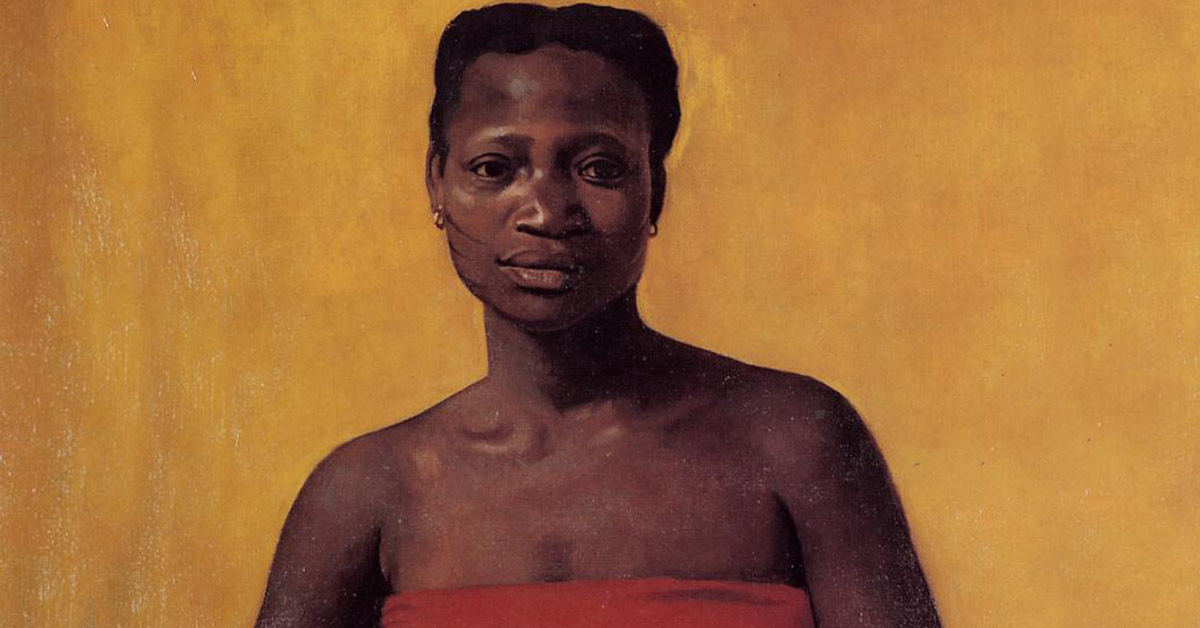We run our website the way we wished the whole internet worked: we provide high quality original content with no ads. We are funded solely by your direct support. Please consider supporting this project.
Were Ishmael’s Descendants Destined to Be Enemies of God? (podcast)
Did God play favorites with Ishmael’s descendants?
Episode 1129
__ __ __
__ __ __
Dan: From M.B.: Ishmael was born as a result of Abram’s lack of trust in God. It seems
the descendants of Ishmael…
Greg: Wait, wait, wait. Back and forth bantering.
Dan: It seems like the descendants of Ishmael were predestined to be enemies of Israel.
This doesn’t seem like the God revealed in Jesus. If the Ishmaelites were destined to be
enemies of Israel and, according to most, are modern day Muslims, it looks like on the
surface that God had no intention of bringing them to himself by redeeming them. It’s
like they were screwed from the very beginning because of the lack of trust of one man
who ironically happened to be a man of great character. Can you make sense of all of
this?
Greg: M.B, that’s a good question. The first thing I would say is, start all your thinking
with Jesus Christ and what the New Testament says about him. And from the revelation
of God in Christ, what we learn is that God gave his life for all. He loves all. He’s
actually in love with every human being. And what he did on the cross he did for all
human beings. So that rules out of court the idea that God plays favorites over one family
line and another. I agree with M.B. that if a people group is destined or predestined, and I
don’t know what the distinction there would be, but if they’re fated to be enemies of God,
well then that’s just unjust, that’s just unloving, there’s so much wrong with that I can’t
begin. So that’s point number one.
Point number two is that, having said that, there is biblically, but also just
empirically, it’s true that what individuals do sometimes affects their whole lineage.
There is a solidarity to people that goes beyond our individualism. I am heir to a Boyd
tradition and what’s gone on in the past affects me. I’m not guilty or responsible for that,
but I have to be aware that that is the case. Something like that is going on with the
Palestinian/Israel dynamics. They come from different lineages and that affects where
they are, who they are, how they think, and everything else. That says nothing about what
God thinks about individuals. The cross tells us what God thinks about individuals and
what God thinks about the human race as a whole. It is part of aa reality that we are all
part of wholes that go beyond our individualism. We are part of family wholes, and
ultimately, all humanity. It’s all over “as in Adam, so in Christ,” There’s a unity to the
human race. There’s a unity to the Boyds, there’s a unity to Europeans versus Asians.
There are realities there we just have to be aware of and we all inherit something from
our past, for better or for worse. So, does that answer your question?
Dan: That’s pretty good. I had nothing on that, so that’s way better than nothing. But you
have hope for the Ishmaelite line?
Greg: Yeah. Jesus died for all of them. In God’s redemptive purposes, God, for his own
sovereign purposes, raised up Israel to be the chosen nation that’s going to be used to
reach the whole world, but the goal was always to reach the whole world. God’s promise
to Abraham, Genesis 12, was that through you all the nations, all the families of the
world will be blessed. And so the goal has always been for the whole. For redemptive
purposes, yeah, Israel over other nations, but that’s just a functional thing, it’s not about
salvation.
Dan: That’s good. I’m kind of kicking myself. I took a class at Luther Seminary with
some Terence Fretheim guy, and I had no idea he was a great scholar. I had no idea who
he was. I was so mesmerized by his teaching, and he talked about this very thing.
Normally I’m a really good note-taker. But I was just so in to his whole presentation that
I didn’t take good notes and I lost it all. I have no idea what he said. But it was brilliant.
So I’m kicking myself.
Greg: Personally, I think Terence Fretheim is certainly the Old Testament scholar that’s
influenced me the most. He and Brueggmann are way up there. His God and World in the
Old Testament is probably the best book on the Old Testament I’ve ever read. He says
stuff that I’ve never heard anyone else say. He brings up the inter-connectedness of
human beings and the earth, and the whole organic nature of God’s judgment is so good
in there, I recommend his writings. His book on the Flood, it’s a little thin book. He
distills all these insights in that little book about natural disasters and the flood and stuff.
[Creation, fall, and flood : studies in Genesis 1-11] I do recommend his writings.

Send Questions To:
Dan: @thatdankent
Email: askgregboyd@gmail.com
Twitter: @reKnewOrg
Greg’s new book: Inspired Imperfection
Dan’s new book: Confident Humility
Subscribe:
Category: ReKnew Podcast



